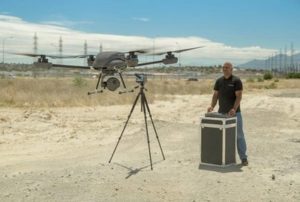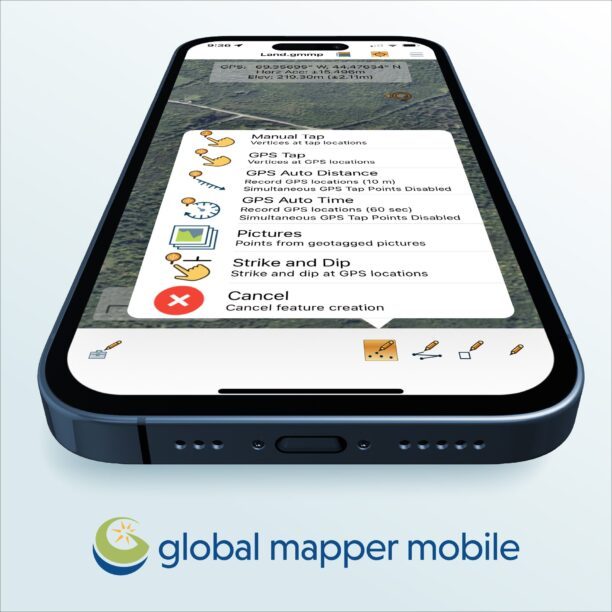
Police drones are fast becoming a cornerstone technology for law-enforcement agencies across the globe – so, what’s the next step?
According to one South African UAV company – autonomous (virtually self-flying/piloting) models represent the evolution in public-safety drone systems.
Airborne Drones predicts that staffing costs may soon lead agencies to invest in drones that require minimum or no human piloting.
“Drone surveillance does present an easier, faster, and cheaper method of data collection [over manned helicopter flights], as well as a number of other key advantages,” an Airborne Drones spokesperson said in a recent press release.
“Specialized security drones can enter narrow and confined spaces, produce minimal noise, and can be equipped with night vision cameras and thermal sensors, allowing them to provide imagery that the human eye is unable to detect. In addition, these UAVs can quickly cover large and difficult-to-reach areas, reducing staff numbers and costs, and do not require much space for their operators.”
The company offers high-end rotor and fixed-wing drone systems that patrol autonomously over pre-programmed flight paths for use in border security, maritime protection and perimeter patrols at secure installations. The drones pipe live video feeds to ground-control stations and can help on-ground security officers to pinpoint the location of a potential intruder.
“Drones are ideally suited for reconnaissance or rapid situation awareness with application for ground force units to detect and monitor potential threats; and they also provide an additional oversight in instances where security guards are deployed to ensure their adherence to patrolling routines,” an Airborne spokesperson said. “Drones have a competitive edge over stationary cameras, as intruders can’t easily step out of sight, and they can cover areas that are normally out of reach. Security drones add a whole new dimension to surveillance, safety and security, and as such, we can expect them to be commonly in use in every country in the world within just a few years.”
Several agencies have already launched both autonomous and semi-autonomous drone patrols to secure key locations and events.
Eurotunnel, the company that manages and operates the Channel Tunnel between Britain and France, will deploy drones to seek migrants illegally entering Britain via the Chunnel in an attempt to enter the country before the Brexit mandate goes into effect.
Last year, French police looked to drone solutions to secure one of Europe’s largest football championships. The Interior Ministry, which governs the nation’s prefecture police, sought bids for lightweight, stealthy hexacopters to patrol stadiums in 10 host cities during the Union of European Football Associations 2016 European Championship.
Jason is a longstanding contributor to DroneLife with an avid interest in all things tech. He focuses on anti-drone technologies and the public safety sector; police, fire, and search and rescue.
Beginning his career as a journalist in 1996, Jason has since written and edited thousands of engaging news articles, blog posts, press releases and online content.
Email Jason
TWITTER:@JasonPReagan
Subscribe to DroneLife here.







[…] Source […]